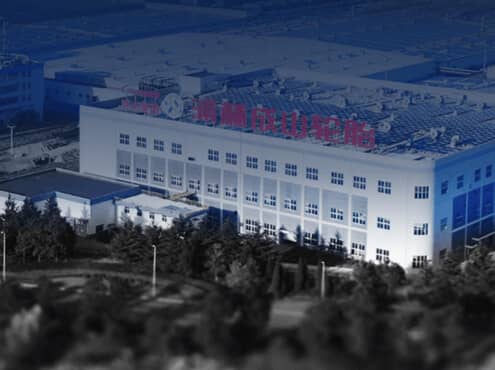


There are several distinct categories of car tires. Car tires can be divided into three categories based on the season: winter, summer, and all-season. However, the idea of tire pressure in summer vs. winter is more common in regions with significant temperature changes. The performance of a car and the safety of its occupants are both directly impacted by the tires. Can winter tires be used in the summer? You can better respond to this issue by understanding the differences between winter and summer tires.
Tire pressure in summer
Should tire pressure be different in summer than in winter? Typically experience a 1 PSI (pound per square inch) loss or gain for every 10°F change in temperature. Theoretically, if the temperature rises by 20°F throughout the day—a genuine possibility in many parts of the country—your tires could gain 2 PSI. Your car will likely experience natural factors that cause tire pressure to fluctuate throughout the day, from the Virginian hills to the Oklahoman plains. Why does it matter, then?
A pleasant summer road trip may be had with better fuel economy, higher handling and safety, more responsive braking, and a smoother ride, all of which can be attributed to proper tire inflation. Tires operate best when they are first inflated to the prescribed tire pressure for the vehicle, even though they are intended to withstand some temperature and PSI variation. In the same way, a nutritious, well-balanced breakfast prepares your body for the day, and properly inflated tires prepare your car for success.
More of a tire's surface area makes contact with the road when it is underinflated. This may reduce the fuel efficiency of your automobile and make it feel sluggish and slow to react.
According to the U.S. Department of Energy, "under-inflated tires can reduce gas mileage by around 0.2% for every 1 PSI drop in the average pressure of all tires."
Underinflated tires can be expensive in terms of fuel costs and tire purchases. Your tires' lifespan can be shortened by underinflation, and they become more susceptible to damage, which means you'll need to replace them more frequently and buy more tires overall.
Less of a tire's surface area makes contact with the road when it is overinflated. As a result, car experts claim that the tire may deteriorate early, possibly unevenly, and negatively affect the way the car handles and brakes. Additionally, the tire may become hard and inflexible, increasing its susceptibility to damage from potholes and other roadside objects.
Thus, if the question perturbs you- should tire pressure be lower or higher in summer, the answer is to follow the prescribed tire pressure and not allow it to get underinflated or overinflated.
Tire pressure in winter
Prepare to pump your tires more frequently throughout the winter weather months because lower temperatures result in lower tire pressure. You might wonder- should I have more tire pressure in the winter? The answer is yes.
Tire pressure for automobiles is normally between 30 and 35 psi (pounds of force per square inch). There aren't distinct tire pressure recommendations for summer and winter; the suggested psi for your car is the appropriate pressure year-round. However, the temperature does have an impact on tire pressure. To maintain appropriate tire pressure in cold weather, you may need to inflate your tires more frequently as the temperature decreases.
When you park your automobile for more than three hours, check your tires. (Driving increases air temperature, which also increases tire pressure.) The recommended tire pressure for your vehicle is often posted inside the driver-side door. If the recommended pressures for the front and rear tires differ, double-check them.
It's advisable to check your tires once a month, but if it's cold outside, you might need to check them more frequently. Additional indications that your tires may not be properly inflated include appearing flatter than usual, the steering wheel trembling, or the braking distances being longer.
Endnote
Temperature and weather greatly affect the proper functioning of your car's components, the tires being one of them. This article suggests the difference between tire pressure in summer vs. winter and how to ensure your tires are running with the ideal tire pressure it requires for a smooth ride.
Categories:Tire Stories









